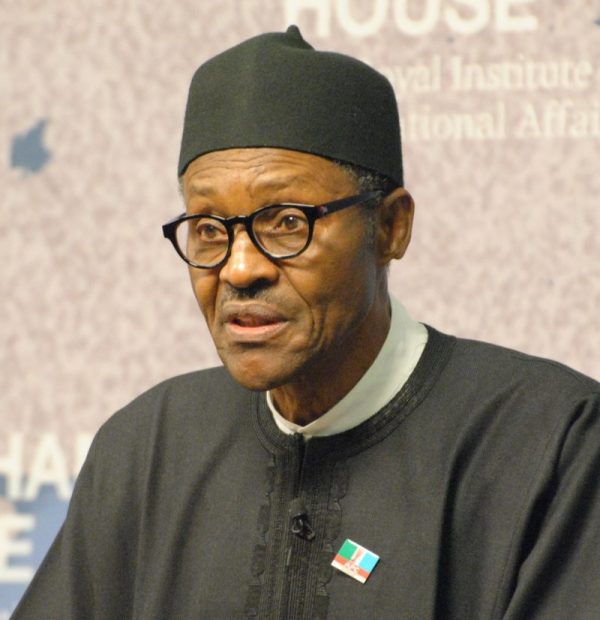The Authorities of the Maritime Academy of Nigeria (MAN), Oron, Akwa Ibom, said on Thursday that lack of infrastructure for training and underfunding had affected the growth of the institution.
The Acting Rector and Registrar of the Academy, Mr Ante Mkpandiok, disclosed this during an interactive session with newsmen in Lagos.
Mkpandiok said the Federal Government had not paid the price for the institution to uplift maritime training, adding that maritime education was not based on paper documentation but rather competency.
“The academy currently lacks GMDSS simulator for students and this is one of the major challenges facing the academy,’’ the News Agency of Nigeria (NAN) quotes him as saying.
Mkpandiok said that debts owed by the school’s authority were fuelling controversies because the contractors had been demanding payment.
The acting rector said the present management had decided to put things in proper perspective in ensuring that professionalism in the maritime sector remained sustained.
He said that the debts were incurred by the past administration of the institution, adding that contracts awarded in the past would be addressed in due course.
Mkpandiok said that the current management of the school were united and determined to put the academy in proper shape for learning to thrive.
He said that under his leadership, MAN, Oron, would not suffer.
The acting rector said equipment used in MAN Oron, were more sophisticated than those used in other transport institutions like the National Institute of Transport Technology (NITT), Zaria.
He said that the maritime academy was based on seafarers training, adding that “for it to achieve progress upon its mandate, there is the need to meet its pre requisites’’.
Mkpandiok urged the Federal Government to assist the cadets to grow, adding that the shipping companies and terminal operators should take at least two cadets on sea time training.
He, however, appealed to the government to give him the opportunity to perform.
Mkpandiok said that the mission of the current management was to ensure that staff and cadets were comfortable during and after academic session.
He said that over 4, 000 trained cadets were waiting for sea time training, adding that if all the cadets were trained government could export them and generate revenue from them through tax.
The acting rector said that seafaring profession was not only academic but mostly practicals.
According to him, this is because one must obtain the Certificate of Competency before getting any job offer from shipping companies.
“We have gone back to our Governing Board to see where we are doing it wrong and put more inputs to enable us meet up with the international standards.
“We want government to assist us with funds to enable us achieve our mandate,’’ NAN quotes Mkpandiok as saying.
He said that in South Africa, cadets usually go for sea training to help the cadets to be familiar with the profession.
The acting rector urged shipping companies to continue to train cadets through sea time training.
He said that before now, it took at least N8million to train a cadet on sea time training, adding that the institution had no such money to train over 4,000 cadets.
Mkpandiok said it would cost N12 million to train a cadet on sea time training at the World Maritime University.
He, however, pleaded with the government to support the academy with more funds to enable it perform its obligations. (NAN)

